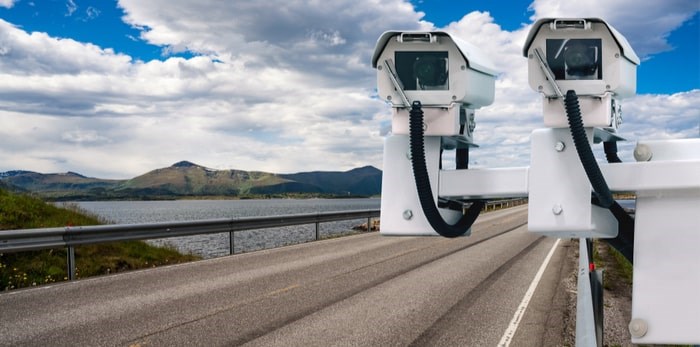While police routinely seek B.C. highway camera surveillance footage, the provincial government says the cameras aren’t capable of providing information that could violate anyone’s privacy.
 The provincial government says highway cameras aren’t capable of providing information that could violate anyone’s privacy. Photo: Shutterstock
The provincial government says highway cameras aren’t capable of providing information that could violate anyone’s privacy. Photo: Shutterstock
Documents obtained by Glacier Media earlier this year under access to information laws show police routinely request footage taken by DriveBC’s B.C. highway web cameras as part of police investigations.
But, under documents Glacier recently obtained under the same laws, the Ministry of Transportation and Infrastructure “controls the camera location, selection, resolution and orientation such that licence plate information, private property and individuals cannot be identified.”
That information comes from a ministry privacy impact assessment of the HighwayCams program.
It said the cameras provide low-resolution, real-time images available through the DriveBC and BC HighwayCams websites.
The assessment said while users can pan and tilt the image, the camera stops at points that might impede the privacy of others.
The assessment said the images are publicly available through Amazon CloudFront.
“At the time of installation and setup, each camera is reviewed by the ministry web camera program manager to ensure it does not collect personal information and to confirm there are no privacy impacts,” the assessment said.
The assessment includes a detailed analysis procedure for cameras and information they could gather.
A handwritten note on the assessment said if any personal information is gathered, the work should be reviewed and updated.
Earlier documents showed the ministry had told police that any requested information might not be of much use to them.
“The webcams are not surveillance webcams, and the resolution is very low,” said a January email from Ministry of Transportation and Infrastructure web content strategist Peter Taylor to Kamloops RCMP Const. Wayne Dunn. “The HighwayCams Privacy Impact Assessment (PIA) states that the webcams cannot be used for law enforcement but police often consult them in an investigation. I don’t think they would be admissible in a court of law (personal opinion).”
@jhainswo


